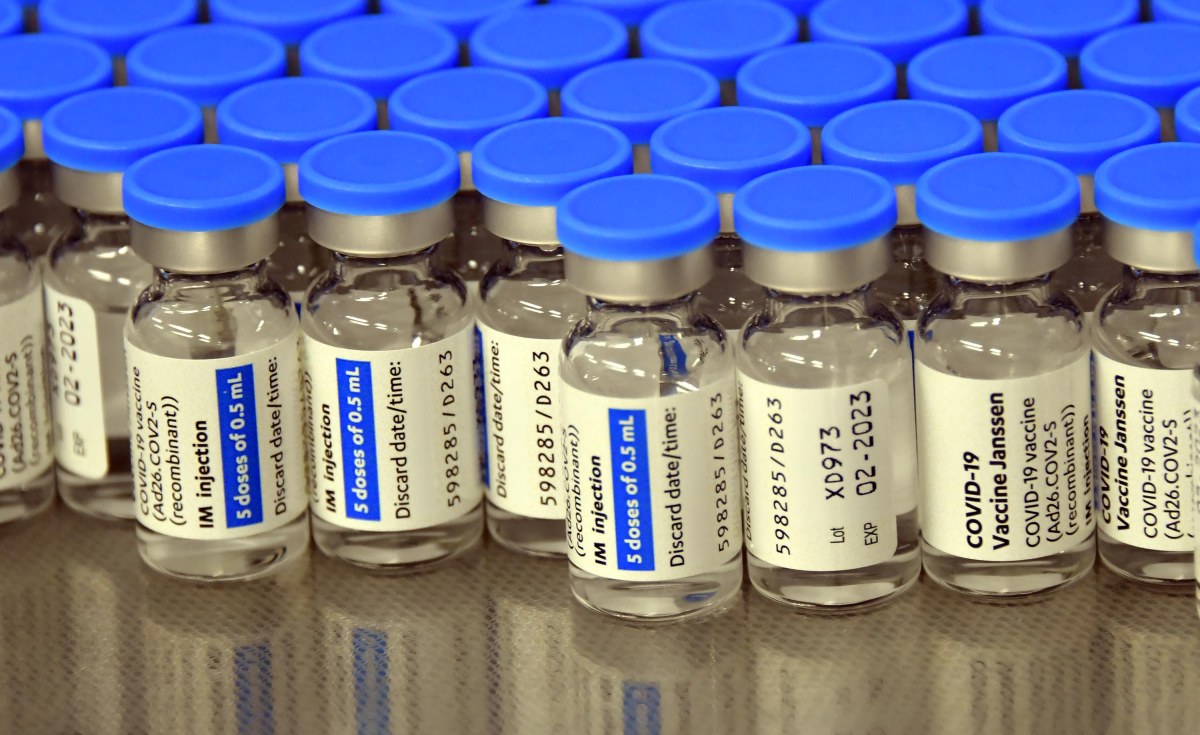
South Africa Builds 18-Day Covid-19 Vaccine Stock
As South Africa continues to administer COVID-19 vaccines and receive doses from manufacturers, the Department of Health has confirmed that it currently has enough stock for 18 days.
“As of Thursday, the country had in total – both the Johnson & Johnson and Pfizer vaccines – 3.6 million doses. At the current rate of vaccination, that’s about 18 days of vaccine [stock] for the country.
“Some of it is still with the central distributor. There… are vaccines… in the central hospitals and tertiary hospitals being brought down into the clinics and community health centers every day,” said the department’s Deputy Director-General, Dr Nicholas Crisp, at a ministerial briefing on the country’s response to COVID-19.
The private sector also has vaccines in their central wholesale, in private hospitals and community pharmacies, among others.
“We get a report at the end of every day, through our stock visibility system, of what vaccines have been used, and we track what is used against the reports of vaccine doses that are reported on the EVDS [Electronic Vaccination Data System] to check what’s happening.
The system also determines losses suffered, if any.
“As we stand at the moment, that’s about 18 days of vaccine [stock], which is the strongest position we’ve ever been in.
“This morning, we have received some information about the coming period into August, so this at least gives us vaccine security,” he said.
The Pfizer vaccine, Crisp said, had stock availability until 26 July. For the Johnson & Johnson vaccine, Crisp said figures were not in the general population stats due to the short expiry date on the 1.5 million doses.
These doses were currently being used in the dedicated cluster rollouts by the departments, Crisp said.
Turning attention to the vaccination of targeted population groups, Crisp said there were some hurdles in the rollout for the older segment of the population.
“We are hoping that, and we’re already starting to see the trend that when the 50 plus population comes in, and I suspect the younger population too, they will bring along a lot of the older people,” Crisp said.
To counter this, the government is actively embarking on initiatives to encourage vaccination.
“There’s a pilot project that’s been running in the pension pay points this week. I am sure that we will get feedback on that list of lessons to be learned.”
He encouraged everyone to help the others in the community to get vaccinated.
On the question of prioritization, Crisp said it was “extremely difficult” to prioritize any group.
“The reason we have proposed that we should open to all (to other age groups) faster is rather than spending effort on trying to selectively identify and define any particular group, it’s far better to go as quickly as possible through the general age groups and to not spend time on the administration of the programme, but to rather vaccinate the people,” said Crisp.

